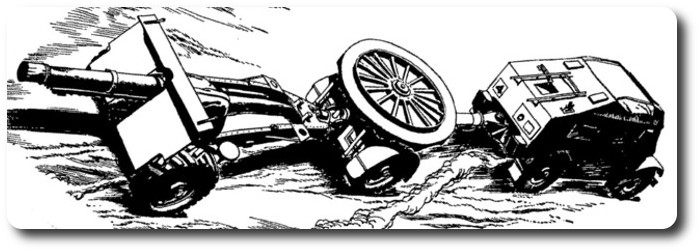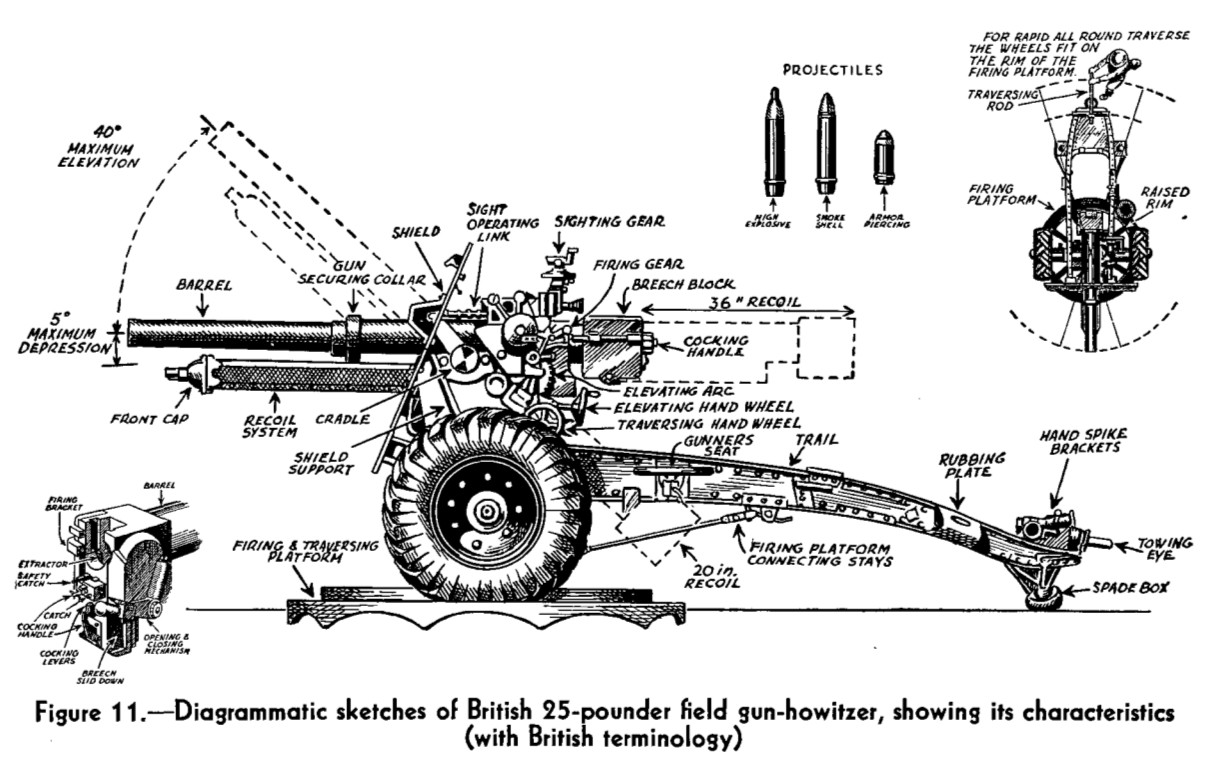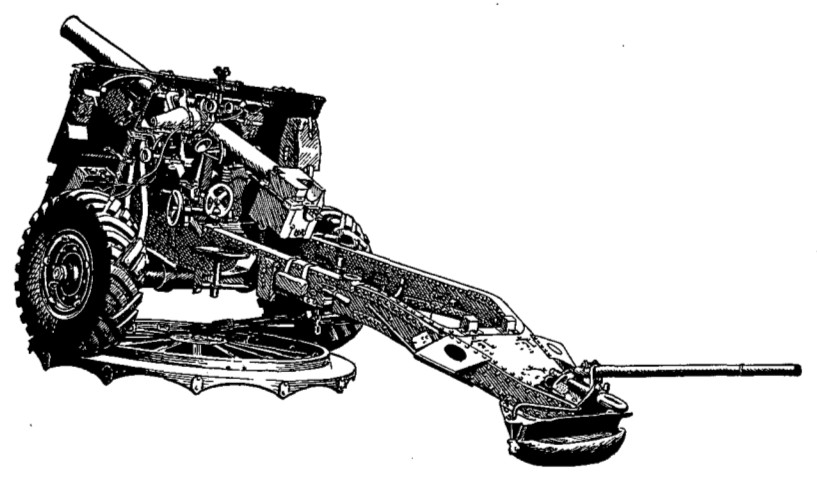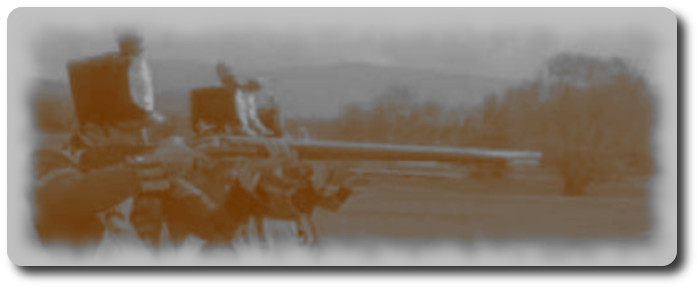Topic: Wolseley Barracks
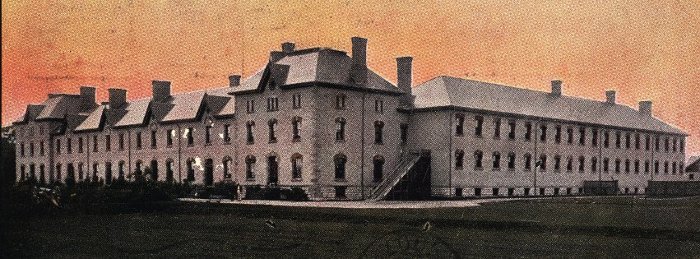
A Brief History of Wolseley Barracks
Canadian Forces Base London
(Undated document, last date in document is 1963. All details are as presented in original and may require confirmation from additional sources.)
1840. — Groups were stationed in what is now Victoria Park. They were quartered in a log barracks named "TECUMSEH" after the famous Indian Chief.
1873. — Tecumseh Log Barracks burned to the ground.
1886. —
(1) The City of London traded the present site of Wolseley Barracks and small surrounding area for the Ordnance property in Victoria Park. The area at Oxford and Adelaide Streets was then outside the city limits in the area known as Carling Heights, RCE records indicate that $1.00 was charged in consideration for the exchange of Victoria Park and Carling Heights properties in which 55 acres of land were involved.
(2) Construction of "A" Block, which as known as the Infantry School Building started, along with the following buildings:
(a) Stables, which have now been torn down.
(b) Picquet Hut for guarding the stable and RCE, RCASC Compound and the Infantry School Building which has since been torn down.
(c) Building "T", which may originally have been built as an RCOC Depot.
(d) Two million bricks were used in the construction of "A" Block. The bricks were made in close proximity to the barracks site. RCE records indicate that the cost of the Infantry Scbool Building was $77,300.
1888. —
(1) The buildings, begun in l886, were completed and the new barracks was then termed "Infantry School London, Ontario" (extracted from old General Orders). The first troops to occuppy the barracks were "D" Company, Infantry School Corps, commanded by Lt.-Col. Henry Smith.
(2) Service units in the barrack area included Engineers, Service Corps, and Ordnance. Married quarters were provided in the Block.
1889. — An additional 26 acres were purchased from the City of London by the Militia and Defence Ministry. Total cost was $25,000
1894. — The Barracks was renamed "Wolseley Barracks" in honour of Viscount Wolseley.
1914-18. — Litttle change took place in the barracks until the First World War. Some buildings of a semi-temporary nature were constructed, but the majority of the troops were under canvas in the area of Gloucestershire Hall, known as "The Flats." Another building named Tecumseh Barracks was built in this area during the period.
1923. — HQ and "C" Company, RCR, occupted Tecumseh Barracks from 7 Dec 1920 to Apr 1923. This barracks burned down.
1930. — Building "U", near the McMahen St. Gate, was built.
1936. — The Royal School Building was completed at a cost of $36,000.
1938. — The last horses used by RCASC were retired and mechanical transport appeared in Wolseley Barracks.
NOTE: The riding ring for exercising the horses ridden by the Area Commander, the CO and the Adjutant of The RCR, was in the area where the present Victoria building is located.
1939-45. — Many buildings of wartime construction ("H" Huts) sprang up and were used after the war by both tthe Regulars and Militia. They were gradually torn down to make room for new buildings, or as no longer required, until in November 1963 only three or four remained.
1952-57. — The completion of a six million dollar expansion project, which changed the face of the barracks to its present shape. RCE records show a cost of $6,918,974.
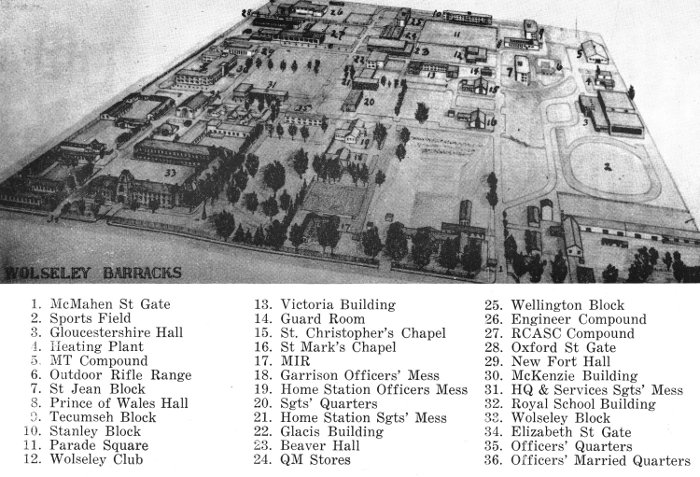
(Image from The regimental journal of The RCR.)
Origin of the named used for buildings was from associations of The RCR, rather than from Royalty or Governors-General:
(1) No. 1 Barrack Block — MacKenzie Building. From Thomas MacKenzie, the first man to enlist in the RCR, 7 Jan 84.
(2) No. 2 Barrack Block — Wellington Block. Taken from Wellington Barracks, Halifax, which The RCR occupied from 1904 to 1940.
(3) No. 3 Barrack Block — Stanley Block. Taken from Stanley Barracks, Toronto, which The RCR occupied from 1899 to 1940.
(4) No. 4 Barrack Block — Tecumseh Block. After the Old Tecumseh Barracks, London, which The RCR occupied from 1920 to 1923.
(5) No. 5 Barrack Block — St. Jean Block. Taken from the original location of "B" Company, The Infantry Corps School, in 1884 at St. Jean, PQ.
(6) Lecture Training Building — Glacis Building. Taken from Glacis Barracks, Halifax, which the RCR occupied from 1900 to 1904.
(7) Gymnasium — Gloucestershire Hall. From the RCR allied regiment of the British Army.
(8) Adminsitration Building — Victoria Building. From Victoria Barracks, Petawawa; RCR from 1948 to 1954.
(9) No. 1 Mess Hall — New Fort Hall. Taken from New Fort Barracks, Toronto, The RCR Barracks from 1884 to 1898.
(10) No. 2 Mess Hall — Prince of Wales. Taken from the Prince of Wales Barracks, Montreal, The RCR Barracks from 1920 to 1924.


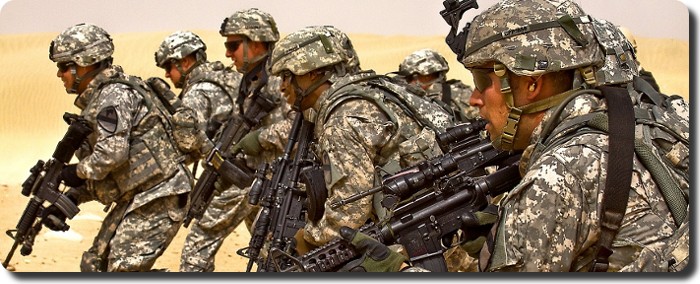
 He is a patriot, is highly motivated and has integrity.
He is a patriot, is highly motivated and has integrity.
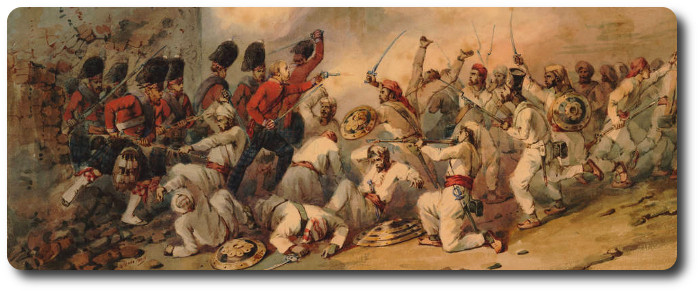
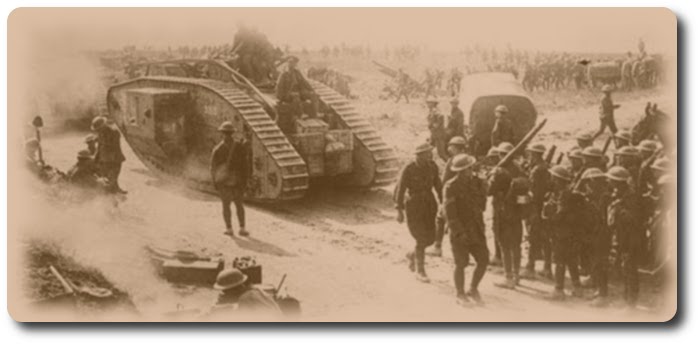

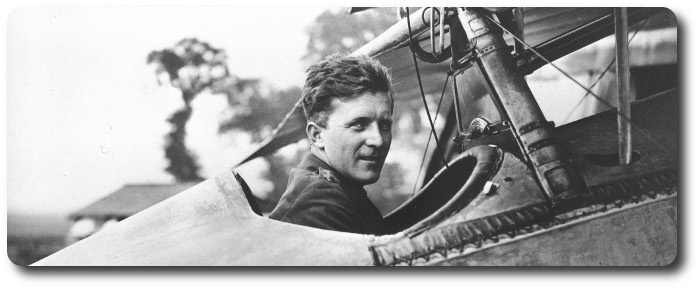
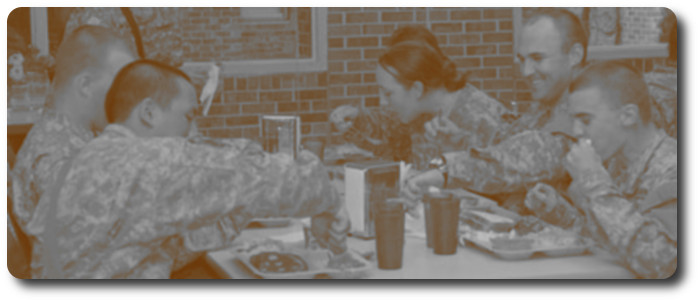
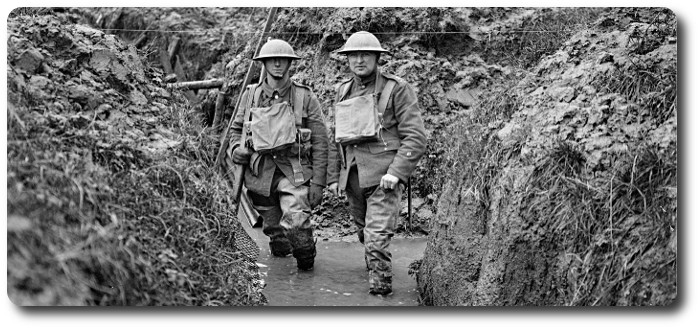


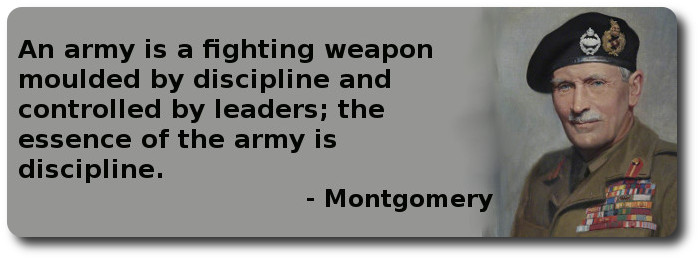
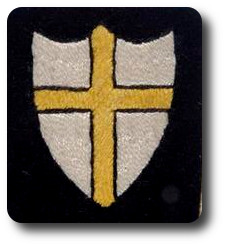 On taking command of the
On taking command of the 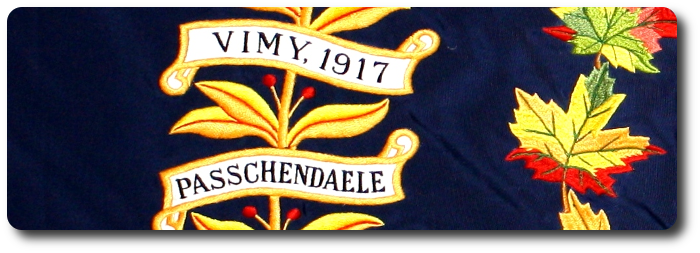

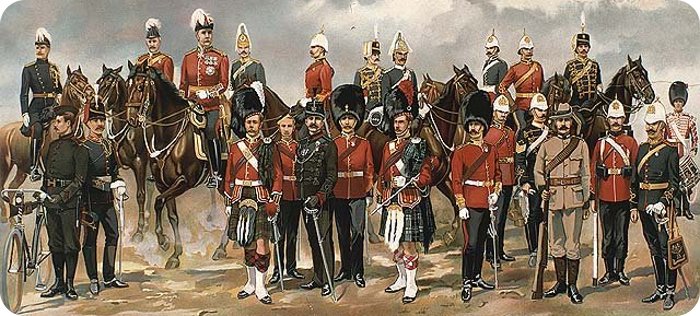
 Sir,—Your remarks in last Saturday's Mail and Empire, concerning the society of officers in the Canadian militia, were worthy of the serious consideration of all who have the welfare of our country at heart. I have had some experience in militia matters, and ask for a small part of your valuable space, wherein to condemn the penuriousness of the Government and the bare-faced robbery of militia officers by military tailors and outfitters.
Sir,—Your remarks in last Saturday's Mail and Empire, concerning the society of officers in the Canadian militia, were worthy of the serious consideration of all who have the welfare of our country at heart. I have had some experience in militia matters, and ask for a small part of your valuable space, wherein to condemn the penuriousness of the Government and the bare-faced robbery of militia officers by military tailors and outfitters.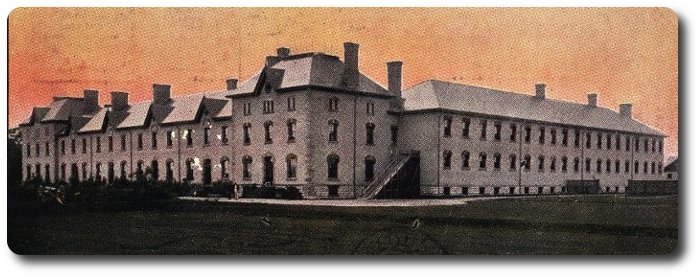
 There died at Wolseley Barracks yesterday afternoon a former soldier of the Canadian militia, whose decease removes, perhaps, one of the best known, but certainly the best drill instructor, the Canadian militia could boast of. Corporal James Edward Burns was born at Niagara-on-the-Lake some forty years ago, and in his early boyhood joined the 14th Battalion, Prince of Wales Own Rifles, at Kingston, and served for a couple of years as a bugler. Later on he was found in the ranks of the Royal Canadian Rifles, which regiment was disbanded in 1870. He served in the Provisional Battalion in Red River in 1873, having been in the Red River Expedition under the present Lord Wolseley, commander-in-chief of Her Imperial Majesty's Imperial army. He next served a term in "A" Battery, Royal Canadian artillery, and from there went to "C" Company (now No. 2 Company, Royal Regiment Canadian Infantry). With this corps he took part in the North West Rebellion of 1885. He was transferred to London on the organization of the Company, and has served here ever since. His term of service expired on the 14th, inst., and not twenty-four hours later he joined the silent army of the dead. Corporal James Burns was known far and wide. He has acted as drill instructor to almost every Battalion in this district, and what he did not know regarding drill, to use a common expression, "was not worth knowing." As a soldier he served his Queen and country well and faithfully, and his decease leaves a vacancy it will be hard to fill. He was well known to the members of the 7th Battalion, having been their instructor for several months under Col. Payne and Col. Tracey, and was highly esteemed by all their non-com. officers. He took an active part in all the athletic sports, at both the Barracks and the Asylum, and was ever ready to lend a helping hand at any and every amateur performance where his services were required. He will be sadly missed at Wolseley Barracks, where he was a general favourite, and where his manly conduct, thorough soldierly bearing and genial disposition endeared him to the hearts of all. His father is Chief of Police at Niagara-on-the-Lake, and is not at all in good health at present. Corporal Burns was married and leaves a sorrowing widow to whom the heartfelt sympathy of all is extended. The funeral will be a military one to the Grand Trunk station on Friday morning. Full military honours will be paid to the deceased soldier.
There died at Wolseley Barracks yesterday afternoon a former soldier of the Canadian militia, whose decease removes, perhaps, one of the best known, but certainly the best drill instructor, the Canadian militia could boast of. Corporal James Edward Burns was born at Niagara-on-the-Lake some forty years ago, and in his early boyhood joined the 14th Battalion, Prince of Wales Own Rifles, at Kingston, and served for a couple of years as a bugler. Later on he was found in the ranks of the Royal Canadian Rifles, which regiment was disbanded in 1870. He served in the Provisional Battalion in Red River in 1873, having been in the Red River Expedition under the present Lord Wolseley, commander-in-chief of Her Imperial Majesty's Imperial army. He next served a term in "A" Battery, Royal Canadian artillery, and from there went to "C" Company (now No. 2 Company, Royal Regiment Canadian Infantry). With this corps he took part in the North West Rebellion of 1885. He was transferred to London on the organization of the Company, and has served here ever since. His term of service expired on the 14th, inst., and not twenty-four hours later he joined the silent army of the dead. Corporal James Burns was known far and wide. He has acted as drill instructor to almost every Battalion in this district, and what he did not know regarding drill, to use a common expression, "was not worth knowing." As a soldier he served his Queen and country well and faithfully, and his decease leaves a vacancy it will be hard to fill. He was well known to the members of the 7th Battalion, having been their instructor for several months under Col. Payne and Col. Tracey, and was highly esteemed by all their non-com. officers. He took an active part in all the athletic sports, at both the Barracks and the Asylum, and was ever ready to lend a helping hand at any and every amateur performance where his services were required. He will be sadly missed at Wolseley Barracks, where he was a general favourite, and where his manly conduct, thorough soldierly bearing and genial disposition endeared him to the hearts of all. His father is Chief of Police at Niagara-on-the-Lake, and is not at all in good health at present. Corporal Burns was married and leaves a sorrowing widow to whom the heartfelt sympathy of all is extended. The funeral will be a military one to the Grand Trunk station on Friday morning. Full military honours will be paid to the deceased soldier.
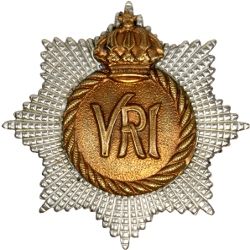 The funeral of Corporal James Edward Burns took place this morning. The procession left Wolseley Barracks and marched to the Grand Trunk station, where the body was taken on the noon train for interment at Niagara-on-the-Lake. The regular and attached men made the largest showing in the history of the barracks. The coffin was carried on a London Field Battery gun carriage, and the artillery detachment was in charge of Lieut. R. Shaw-Wood. The Union Jack covered the casket, and on the flag reposed the side arms and helmet of the dead soldier.
The funeral of Corporal James Edward Burns took place this morning. The procession left Wolseley Barracks and marched to the Grand Trunk station, where the body was taken on the noon train for interment at Niagara-on-the-Lake. The regular and attached men made the largest showing in the history of the barracks. The coffin was carried on a London Field Battery gun carriage, and the artillery detachment was in charge of Lieut. R. Shaw-Wood. The Union Jack covered the casket, and on the flag reposed the side arms and helmet of the dead soldier.
 The CPLA issues three kinds of rations: the standard ration, the combat ration, and the emergency ration.
The CPLA issues three kinds of rations: the standard ration, the combat ration, and the emergency ration.
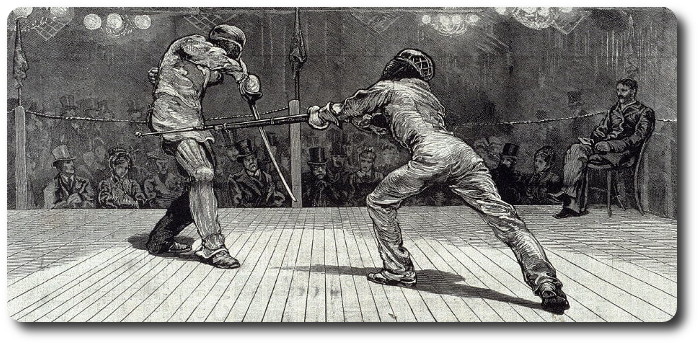
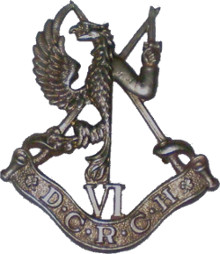 Permission arrived from Ottawa yesterday for troop "A"
Permission arrived from Ottawa yesterday for troop "A" 